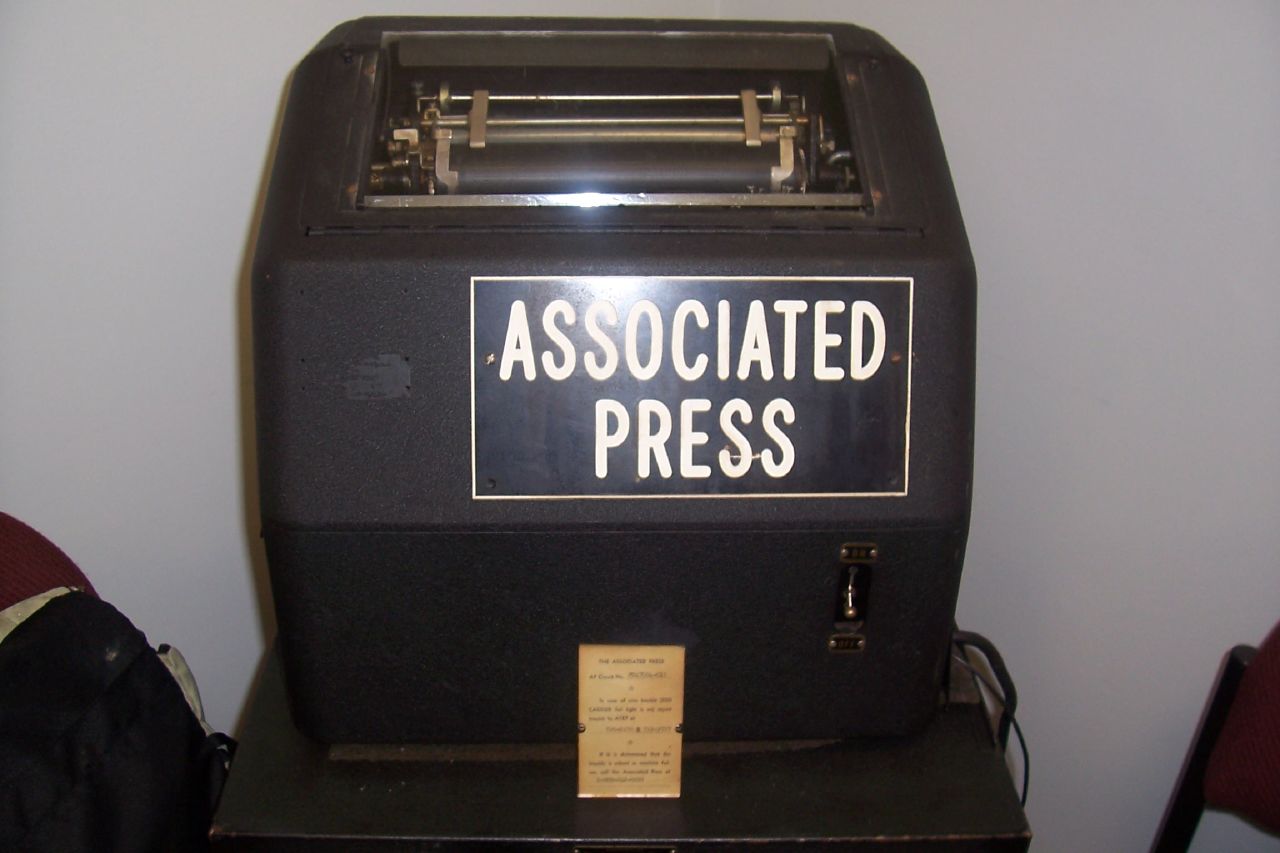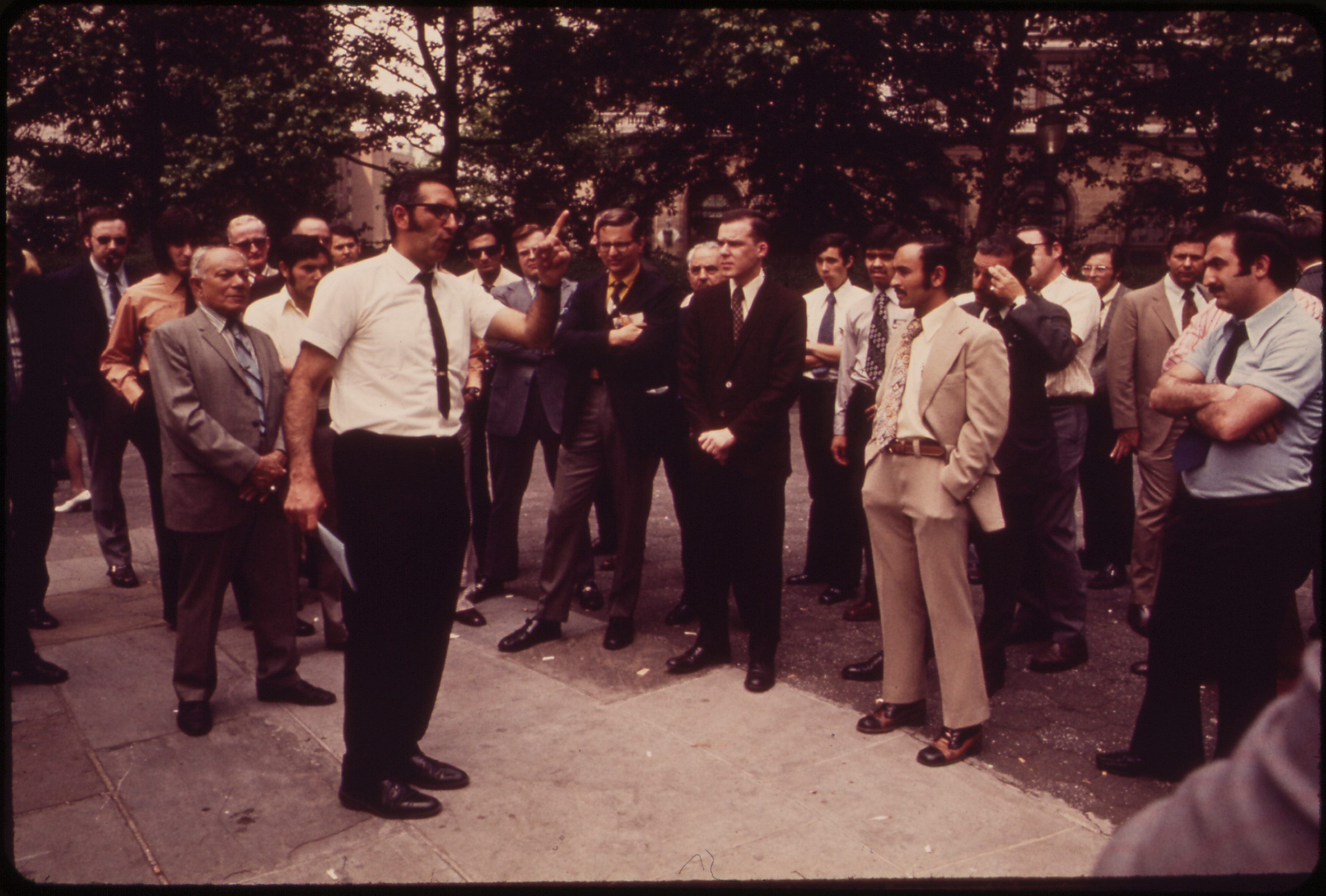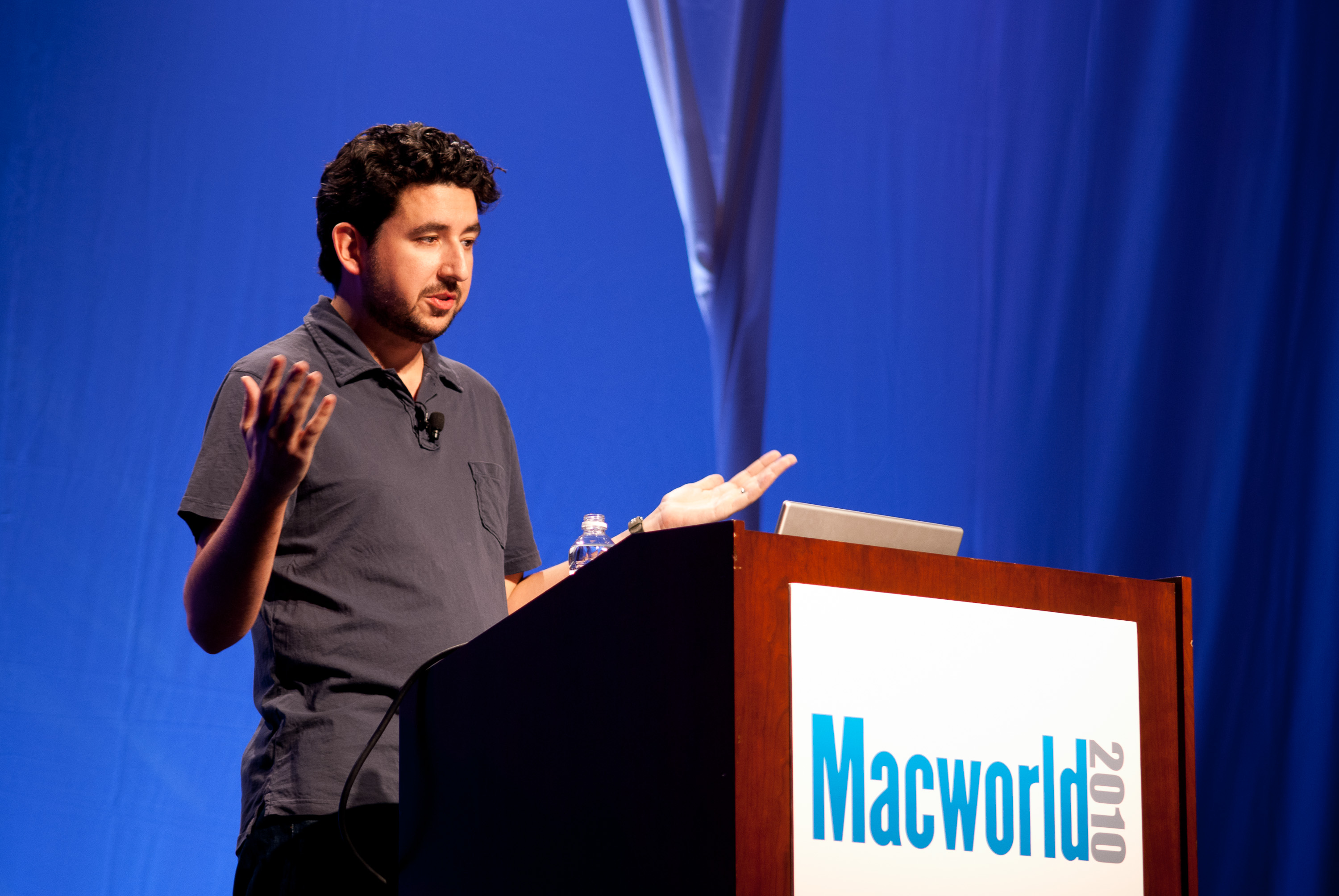When I started my online-only news career at CNET (1999-2003), the metrics for success largely extended from print: Scoops (and for me, provocative analysis). Now, as Jeremy Peters writes for the New York Times (“In a World of Online News, Burnout Starts Younger”), the measure is pageviews—and scoops, too, for some news organizations. Journalists are burning out fast and young, and for easily discernable reasons. Too much is demanded of them (and for too little compensation).










